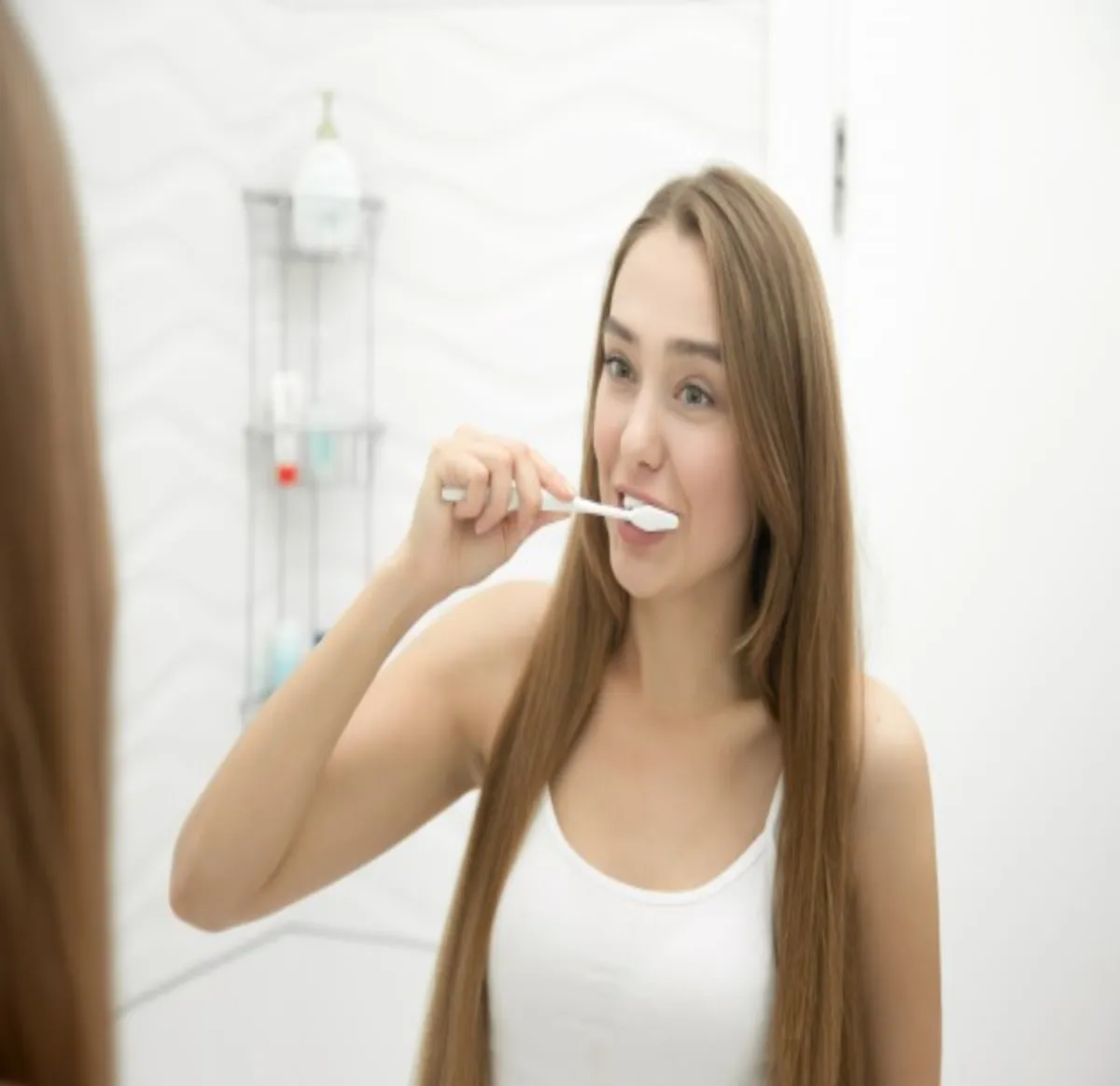The Allure of Charcoal Teeth Whitening
In the pursuit of a brighter, more confident smile, teeth whitening has become a highly sought-after cosmetic treatment. Among the various methods available, activated charcoal has emerged as a popular and intriguing option. Marketed as a natural and effective way to achieve a dazzling smile, charcoal teeth whitening has captured the attention of many. But what exactly is the appeal, and what benefits does it truly offer? This article explores the advantages of using charcoal for teeth whitening, delving into the science, the practical applications, and what to consider before embracing this trend.
What is Activated Charcoal
Activated charcoal is a fine, black powder made from various carbon-rich materials, such as coconut shells, wood, or peat. The term “activated” refers to a special process that increases its porosity. This process typically involves heating the material at high temperatures and then exposing it to a gas that creates tiny pores. These pores give activated charcoal a large surface area, making it highly absorbent. Unlike the charcoal briquettes used for grilling, activated charcoal is processed to be safe for consumption and various medical applications. It has been used for centuries for medicinal purposes, primarily for detoxification and absorbing toxins.
The Science Behind Charcoal
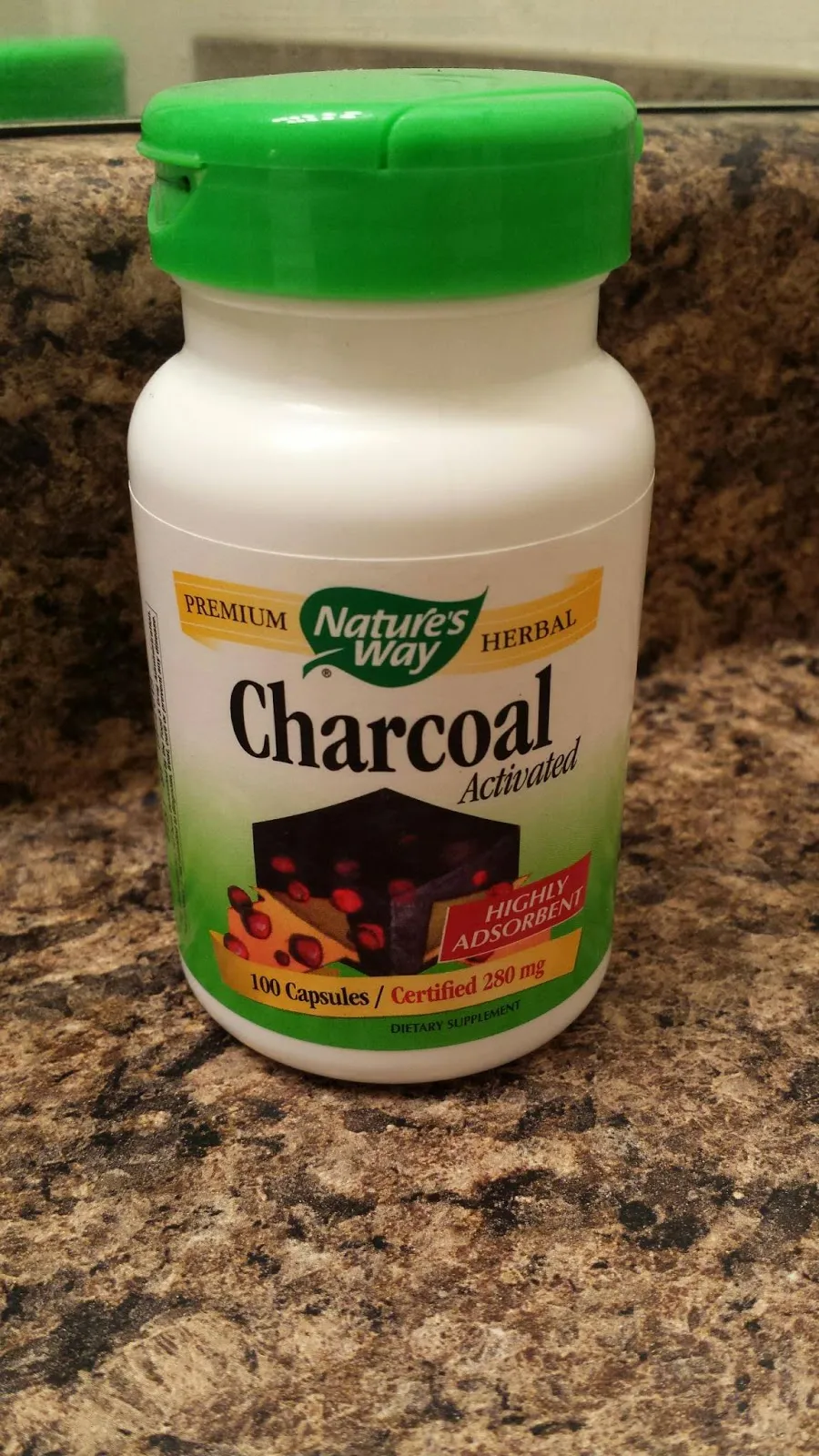
The effectiveness of activated charcoal in teeth whitening is attributed to its porous nature and absorptive properties. When used on teeth, the charcoal helps to absorb surface stains caused by substances such as coffee, tea, wine, and tobacco. However, it’s important to note that activated charcoal doesn’t chemically whiten teeth in the same way that peroxide-based whitening treatments do. Instead, it works by physically removing stains and debris from the surface of the teeth. The abrasive nature of charcoal can contribute to this cleaning action, though this aspect also raises concerns about potential enamel damage if used incorrectly or excessively. The effectiveness can vary depending on the type and intensity of the stains and the frequency of use.
Benefit 1 Whitening Power
One of the primary reasons people turn to charcoal teeth whitening is its potential to brighten the smile. The abrasive texture of activated charcoal helps to scrub away surface stains, leading to a noticeably whiter appearance. This benefit is particularly effective for individuals who consume staining foods and beverages regularly. The degree of whitening can vary depending on the individual and the type of stains present. Surface stains, such as those caused by coffee or tea, are often easier to remove than stains that have penetrated deeper into the tooth enamel. While charcoal is not as powerful as professional whitening treatments, it can still provide a significant improvement for many users.
How Charcoal Works on Stains
Activated charcoal’s ability to remove stains stems from its porous surface, which acts like a magnet to attract and absorb stain-causing particles. When you brush your teeth with charcoal, these particles are drawn away from the tooth surface. This mechanical action helps to dislodge and remove the stains that have accumulated over time. The fine particles of charcoal provide a gentle abrasive action, similar to a very mild polishing. This can also contribute to the removal of plaque and bacteria, further enhancing the cleaning effect.
Types of Stains Charcoal Can Tackle
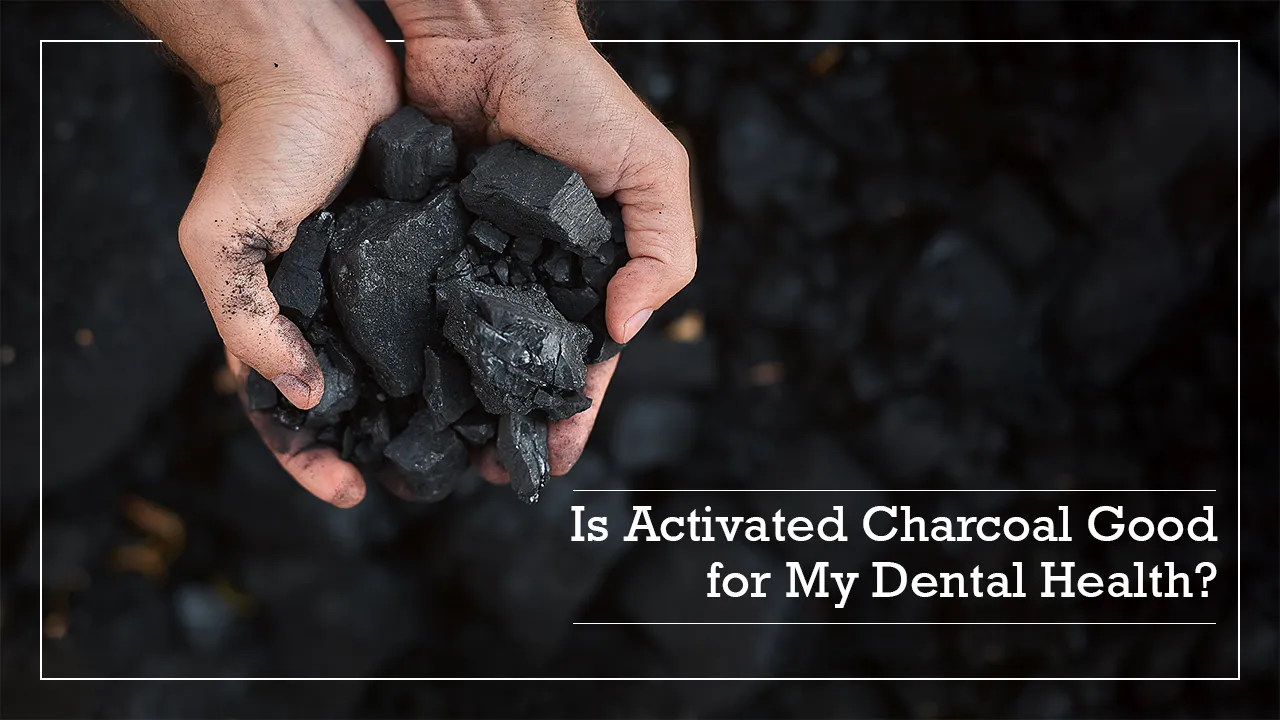
Activated charcoal is most effective on extrinsic stains, which are stains that affect the surface of the teeth. These include stains caused by coffee, tea, wine, tobacco, and certain foods. It can also help to remove plaque and other debris that contribute to discoloration. However, it is generally less effective on intrinsic stains, which are stains that occur within the tooth structure. Intrinsic stains can be caused by factors such as aging, genetics, certain medications, or trauma to the teeth. For more severe discoloration, other whitening methods may be necessary.
Benefit 2 Oral Health Boost
Beyond its whitening properties, activated charcoal may offer some oral health benefits. Its ability to absorb bacteria and toxins can contribute to a healthier mouth environment. However, it is essential to recognize that these benefits are often less significant compared to standard oral hygiene practices. Always consult a dentist if you have any existing dental conditions.
Charcoal’s Antibacterial Properties
Activated charcoal has natural antibacterial properties that can help reduce the number of harmful bacteria in the mouth. This can contribute to better oral hygiene and potentially reduce the risk of gum disease and tooth decay. By absorbing bacteria and their byproducts, charcoal can help to create a cleaner and healthier oral environment. However, it is not a substitute for proper brushing, flossing, and regular dental checkups.
Charcoal’s Impact on Bad Breath
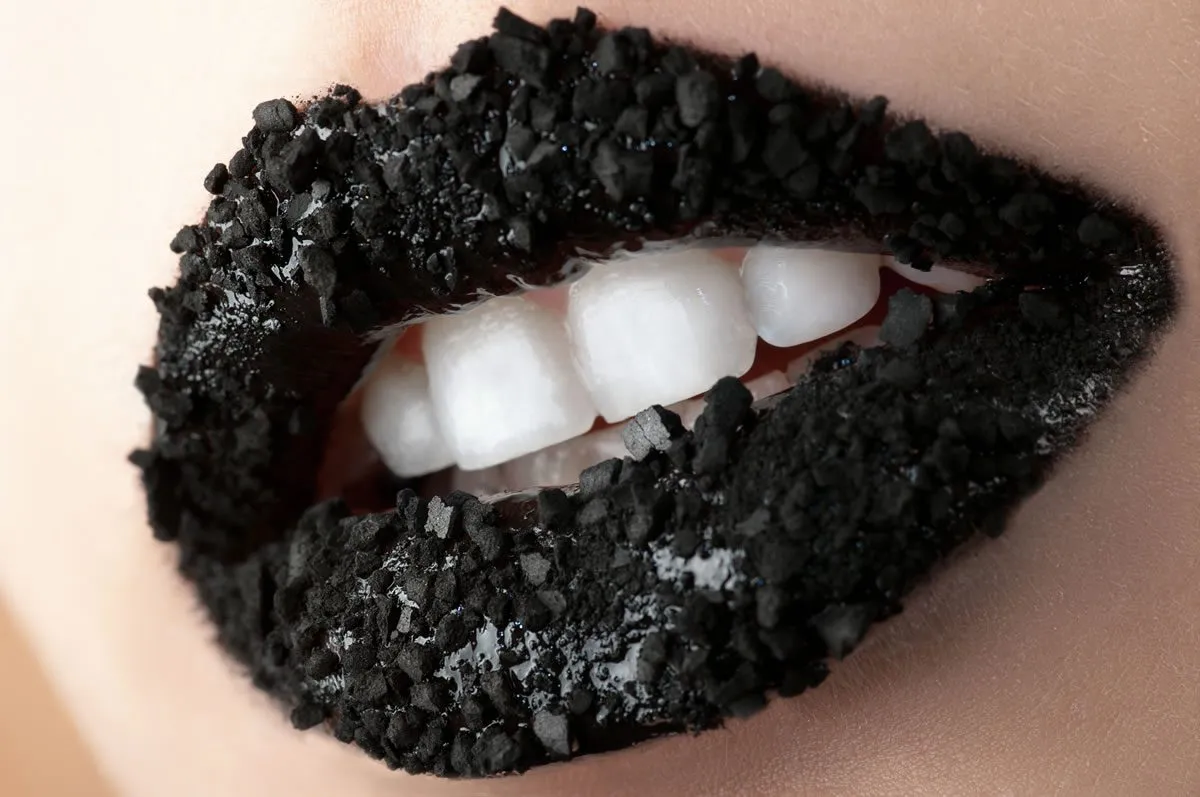
Bad breath, or halitosis, is often caused by bacteria in the mouth. By reducing the number of bacteria, activated charcoal can help to freshen breath. The absorbent nature of charcoal also allows it to trap and remove odor-causing compounds. While charcoal may offer temporary relief from bad breath, it’s crucial to identify and address the underlying causes of the problem, such as poor oral hygiene, gum disease, or underlying medical conditions.
Benefit 3 Natural and Gentle
For those seeking a more natural approach to teeth whitening, activated charcoal offers a compelling alternative to chemical-based treatments. Many people are drawn to the idea of using a substance derived from natural sources, as it aligns with their preference for less harsh products. This preference can be a key factor in the decision to use charcoal for teeth whitening, especially for those with sensitive teeth or a desire to avoid potentially irritating chemicals.
Comparing Charcoal to Chemical Whitening
Traditional teeth whitening treatments often involve the use of bleaching agents, such as hydrogen peroxide or carbamide peroxide. These chemicals work by oxidizing the stains within the tooth enamel. While effective, these treatments can sometimes cause tooth sensitivity or gum irritation. Activated charcoal, on the other hand, works through physical abrasion and absorption, making it a potentially gentler option for some individuals. However, it’s essential to understand the limitations and potential risks associated with each method.
Who Benefits Most from Charcoal Whitening
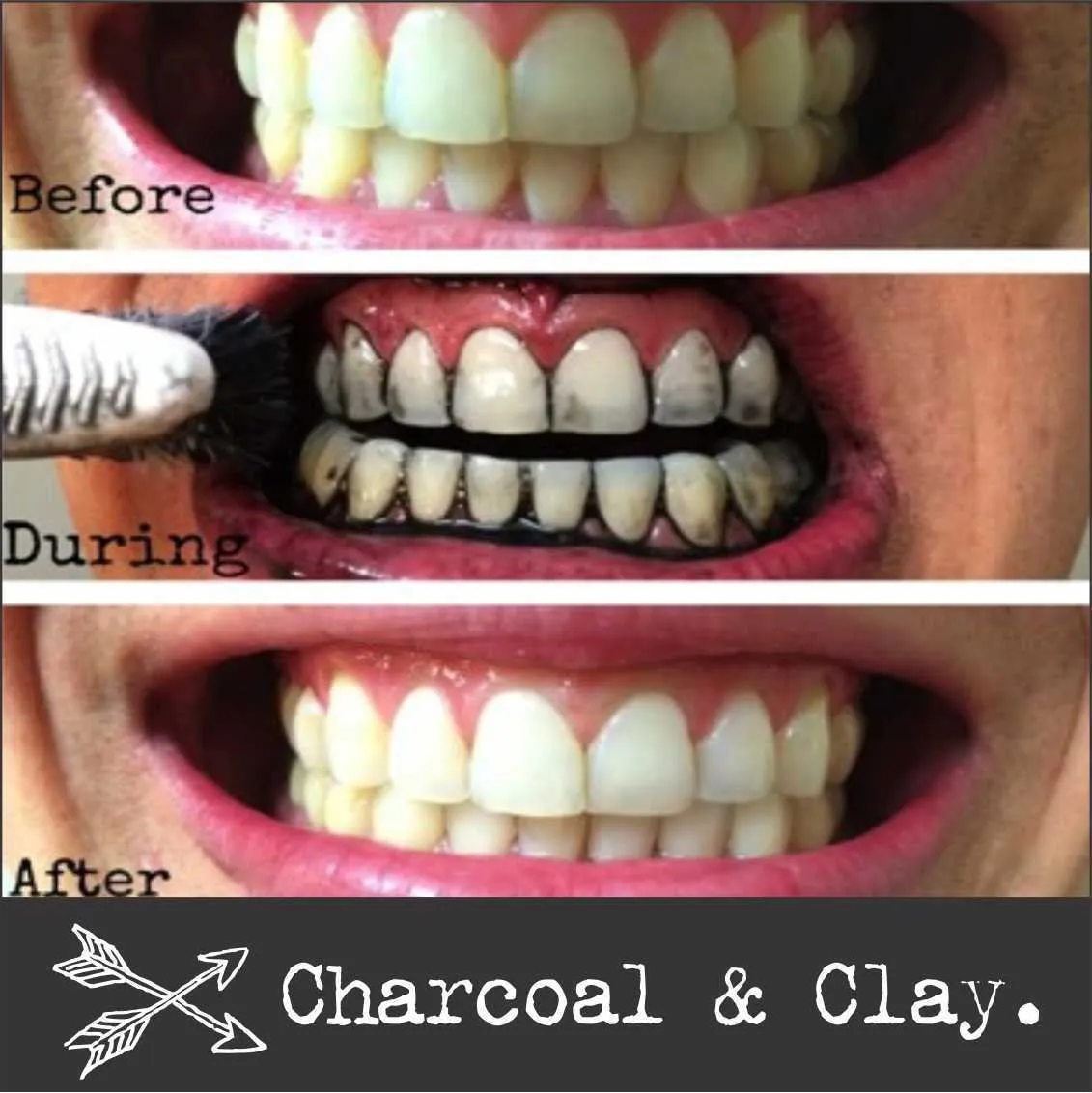
Activated charcoal teeth whitening is most likely to benefit individuals with mild to moderate surface stains. Those who regularly consume staining foods and beverages, such as coffee, tea, and wine, may find it particularly effective. Individuals with sensitive teeth, who may be prone to discomfort from chemical whitening treatments, might also prefer charcoal as a gentler alternative. However, those with severe discoloration, intrinsic stains, or existing dental issues should consult with a dentist before using charcoal, as it may not be the most suitable or effective option.
Benefit 4 Cost Effective
Compared to professional teeth whitening treatments and many over-the-counter whitening products, activated charcoal is often a more budget-friendly option. The cost of charcoal products is generally lower, making it accessible to a wider range of consumers. This affordability can be a significant advantage for those looking to improve their smile without a large financial investment. However, it’s important to factor in the potential long-term costs and effectiveness.
Assessing the Long-Term Costs
While the initial cost of charcoal products may be low, it’s important to consider the long-term implications. If charcoal is used incorrectly or excessively, it could potentially lead to enamel erosion and increased tooth sensitivity. Damage to the enamel can require dental treatments in the future, which can be costly. Additionally, the effectiveness of charcoal for whitening may be limited, and users might need to explore other methods to achieve their desired results. Considering these factors is essential for evaluating the overall cost-effectiveness of charcoal teeth whitening.
Finding Affordable Charcoal Products
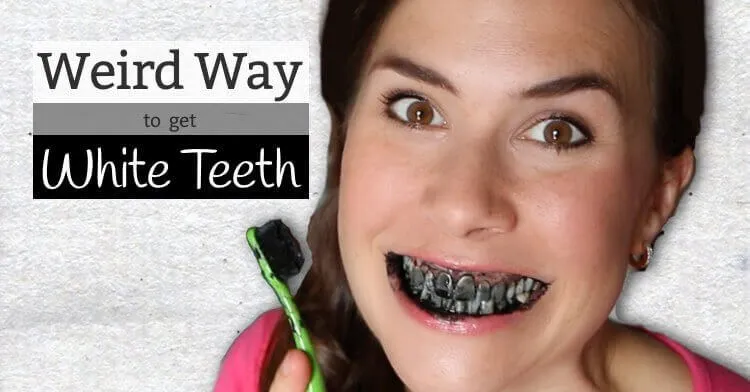
Activated charcoal products are widely available, ranging from charcoal powder to toothpaste and toothbrushes. The cost can vary depending on the brand, formulation, and where you purchase it. When looking for affordable options, it’s important to compare prices and read reviews. Look for products that are specifically designed for teeth whitening and are free from harsh additives. Check the ingredient list to ensure that the product contains high-quality activated charcoal. Purchasing in bulk or opting for store-brand products can also help reduce the cost. Always prioritize products with positive reviews and a good reputation.
Benefit 5 Accessibility and Ease of Use
Activated charcoal teeth whitening is relatively easy to incorporate into your daily oral hygiene routine. The products are widely available, and the process is simple to follow. This accessibility makes it a convenient option for those who want to try teeth whitening without extensive preparations or professional assistance.
How to Incorporate Charcoal into Your Routine
The most common way to use activated charcoal for teeth whitening is to brush with a charcoal-based toothpaste or by dipping a wet toothbrush into charcoal powder. It’s generally recommended to brush gently for about two minutes, paying attention to all surfaces of the teeth. After brushing, rinse your mouth thoroughly with water to remove any remaining charcoal particles. Some people also use charcoal as a mouthwash by swishing a diluted solution for a short period. It’s important to follow the instructions on the product label and to consult with a dentist for personalized guidance.
Common Mistakes to Avoid
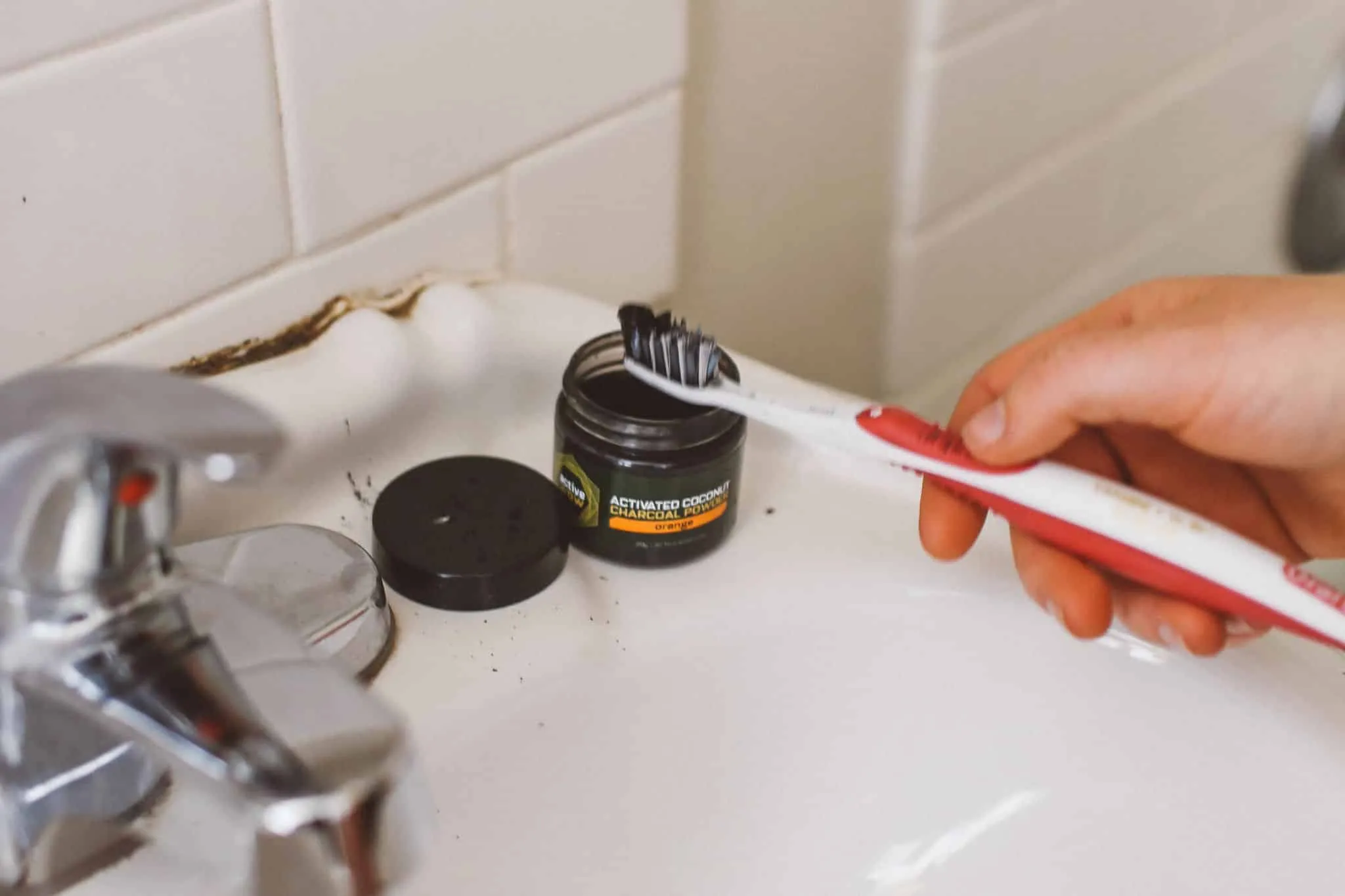
To maximize the benefits and minimize the risks of charcoal teeth whitening, it’s crucial to avoid certain mistakes. One common error is brushing too aggressively, which can damage the enamel. Using charcoal excessively can also lead to enamel erosion and increased sensitivity. Swallowing charcoal is another mistake to avoid, as it can interfere with the absorption of certain medications. It’s also important to be patient, as results may not be immediate. Lastly, always consult with a dentist to ensure that charcoal is a safe and suitable option for your specific oral health needs.
Conclusion The Verdict on Charcoal Whitening
Activated charcoal teeth whitening offers several potential benefits, including the ability to remove surface stains, improve oral health, and provide a natural alternative to chemical treatments. It is also generally cost-effective and easy to use. However, it’s crucial to approach charcoal whitening with realistic expectations and to be aware of the potential risks, such as enamel erosion and tooth sensitivity. Consulting with a dentist is essential to determine if charcoal is a safe and suitable option for your specific dental health needs. While activated charcoal may be a valuable addition to an oral hygiene routine, it should be used cautiously and not be considered a substitute for professional dental care.
